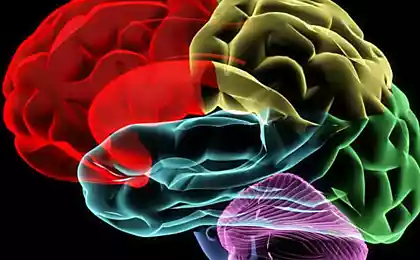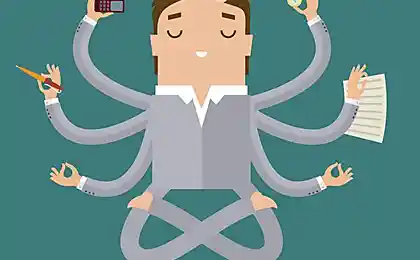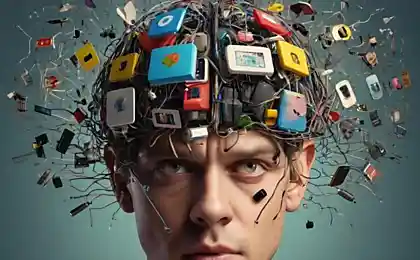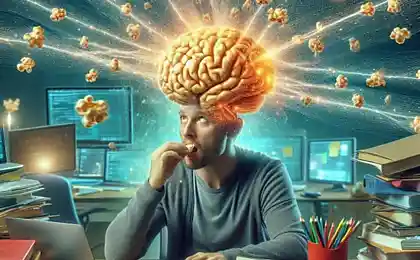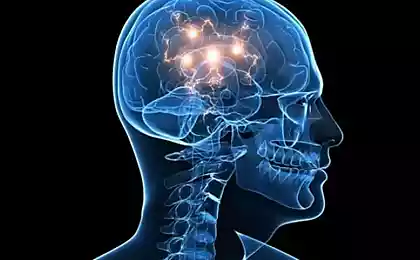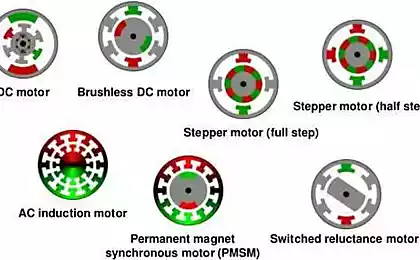395
How technology is changing our perception of time: why days fly faster

Introduction: Time in the Digital Age
Have you noticed that days, weeks and months are flying faster? Many of us feel that time is accelerating, especially in the digital age. But why is this happening? It turns out that our perception of time is closely related to how we interact with technology, information, and multitasking.
In this article, we explore how modern technology affects our perception of time, and give practical tips on how to slow down life and regain a sense of the fullness of each moment.
1. Technology and time acceleration
Modern technologies such as smartphones, social networks and streaming services create a sense of constant employment. We switch between tasks, check notifications, and consume vast amounts of information. This causes our brains to perceive time as faster.
Why this is happening: Multitasking and information overload cause the brain to work in an accelerated mode, which distorts the perception of time.

2. The "temporary compression" effect
Psychologists call this phenomenon “temporary contraction.” When we are busy with many tasks, our brain does not have time to record individual moments, and time seems shorter. This is especially true when we spend hours on screens.
Example: Scrolling through a social media feed can take hours, but subjectively, that time feels like minutes.
3. The role of multitasking
The multitasking that modern technology encourages also affects our perception of time. When we try to do several things at once, our brain switches between tasks, which creates a sense of rush and acceleration.
Why it's harmful: Multitasking reduces concentration and increases stress levels, further distorting the perception of time.

4. Information flow and attention fragmentation
The constant flow of information that we receive through news, social networks and messengers fragments our attention. We stop diving deeply into tasks, which makes time less saturated and more fleeting.
Why it matters: Fragmentation of attention prevents us from enjoying the present moment and creates the feeling that time is slipping away.
5. How to slow down time: practical advice
5.1. Mindfulness and meditation
Mindfulness and meditation practices help bring attention back to the present moment. They teach us to slow down and notice details, which makes time more “filled.”
Council: Try meditating for 10 minutes a day or just watch your breath.
5.2. Digital detox
Regularly arrange days without gadgets or limit the time spent on social networks. This will help reduce information overload and reconnect with the real world.
Council: Start one day a week without a smartphone.
5.3. Focusing on one task
Instead of multitasking, focus on one thing. This will not only improve the quality of work, but also slow down the perception of time.
Council: Use the Pomodoro technique: 25 minutes of work, then 5 minutes of rest.
5.4. Keeping a diary
Write down your thoughts and impressions at the end of the day. This helps to make sense of the day spent and slow down the perception of time.
Council: Write down three things you are grateful for every day.
6. Scientific research on the perception of time
Research shows that our perception of time depends on stress levels, age, and the number of new experiences. For example, children perceive time as longer because their lives are filled with new events. In adults, especially in conditions of digital overload, time is compressed.
Source: Research by psychologists like David Eagleman confirms that time is subjective and depends on our attention.
Conclusion: How to Return Time to Your Life
Technology has changed our perception of time, but we can take back control of it. Mindfulness, digital detox and focusing on the important will help slow down your life and enjoy every moment.
Try to apply at least one of the tips from the article and share your impressions in the comments. Time is our most valuable resource and it is important to use it wisely.
10 historical figures who changed the world, but few people know about them
How Our Body Reacts to Stress: A Scientific Explanation and Ways to Cope
